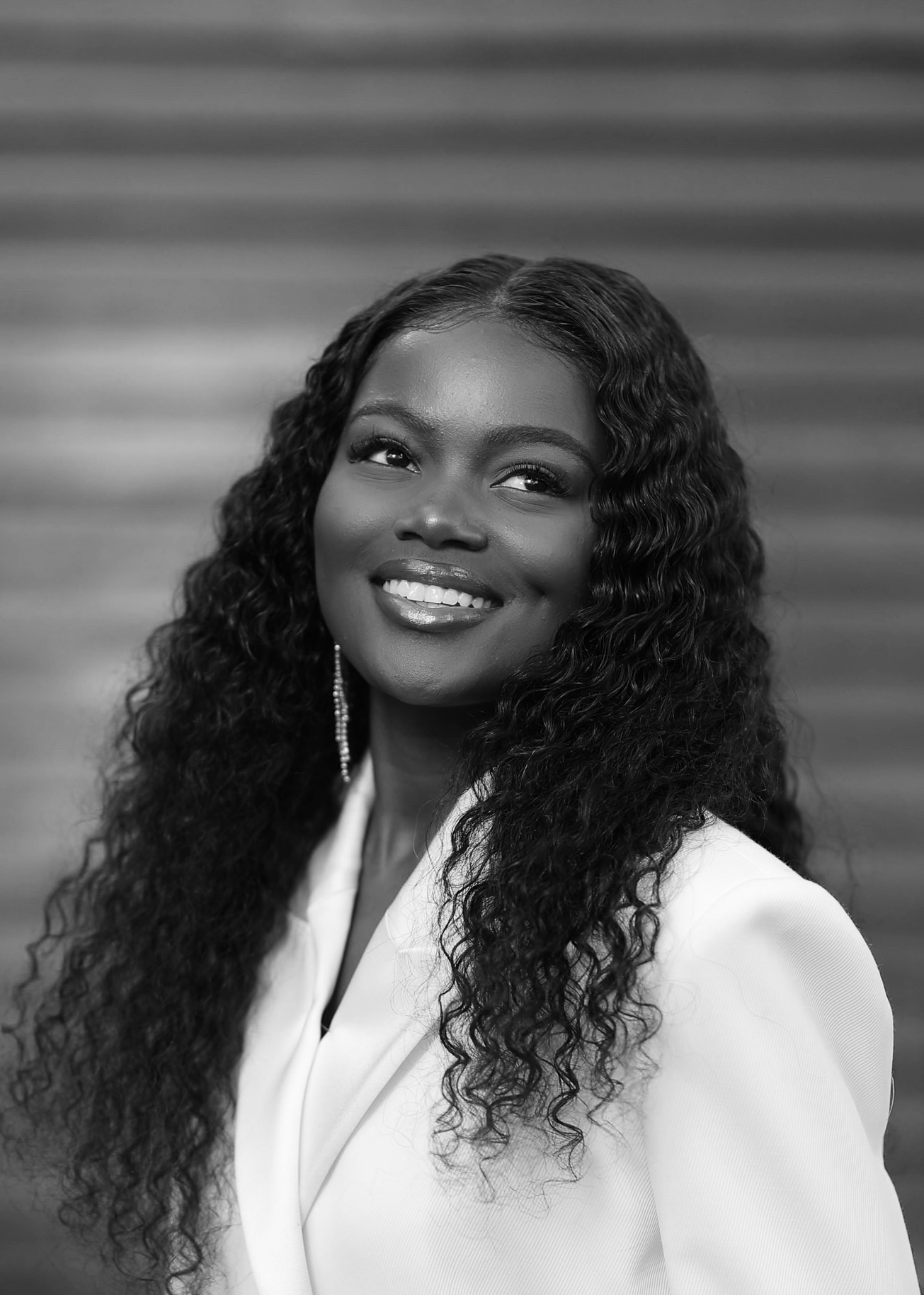Rwandan-born choreographer Sherrie Silver knows the exact moment she became an activist. When she was nine, she lost a cousin of the same age to malaria, and wanted to do something to honor his memory. With her mom’s help, she put on a bake sale in her London neighborhood to raise money for mosquito nets, an inexpensive but effective way to prevent the spread of the mosquito-borne illness. “I sold really ugly, really flat, really bad cakes,” she says. “To be honest, I think those cakes cost me more to make than what I made from them, but that’s when I realized with so little, I could do so much.”
20 years later, Silver still believes that everyone has a part to play in helping others, and has made that belief an integral part of her life and work. Silver is an ambassador for Malaria No More, a nonprofit working to eradicate the disease, which kills over 1,000 children under the age of five every day, according to UNICEF. In 2019, she was named the first-ever Advocate for Rural Youth for the U.N.’s International Fund for Agricultural Development, and has traveled to Cameroon, Rwanda, and Ghana to educate kids and teens on how advancements in farming could end poverty, hunger, and forced migration in their lifetimes. She also created the Sherrie Silver Foundation, which aims to support and encourage youth in Rwanda through the arts. “These young people have talent,” she says. “They just need the equipment, the empowerment, and the encouragement.”
Silver’s own childhood inspired her dedication to humanitarian work. She was born in 1994, a month after her father was killed in the 100-day genocide against the Tutsi people. Her family spent her early years just trying to survive as the country worked to rebuild. In 1999, she and her mom moved to England, where Silver enrolled in acting, singing, and dance classes. It helped, she says, that much of the training she received in those early years was available for free. “My mom didn’t have much money, but we didn’t have to worry about how she would pay for dance classes,” she says. “I want to make sure that I can give young people that same benefit.” It’s why her foundation also offers classes at no charge.
By age 11, Silver had co-founded a dance group which performed for Rwandan president Paul Kagame while he was visiting London. A decade on, she made a name for herself as a choreographer teaching people about African dance—her YouTube channel, which offers tutorials, now has 617,000 subscribers. In 2018, she became the first African person to ever win an MTV Video Music Award for Best Choreography for her work on Childish Gambino’s “This Is America” video (the video also won the Grammy for Best Music Video). The same year, Bill Gates called her an “innovator changing Africa’s present and future.”
With her mounting success, Silver has always made sure to give back to the next generation of aspiring artists. Her foundation, started in 2015, provides dance training to kids and teens in Rwanda, as well as housing, health care, and vocational training for the parents of her students. Although her students are young—most, Silver says, are under the age of 12—many are already the breadwinners of their families. Part of her job is convincing students’ moms and dads that dancing is not just a hobby, but can be a lucrative career with the right training. She also wants to ensure each student has the supportive environment they need to enjoy themselves and succeed. “There is all this pressure on these kids. We sit with the parents and we say, ‘What's it going to take to give this kid a childhood?’” she says. “It is no longer about choreographing for me, it’s about, ‘How can I give this young person an opportunity?’”
Silver is in the very early stages of raising money to build a talent development center in Rwanda in the next five years—the foundation’s first permanent home. She hopes it will be a safe space where she can offer dance classes, as well as career training courses for those who want to pursue dance professionally. “Talent is not enough,” she says. “I want to teach these kids how to be entrepreneurs.” From using social media as a marketing tool to writing a professional email, performing wasn’t the only skill that helped her find success, and she’s eager to set the next generation on that same path. “As someone who is African and benefits from African culture, I have to make sure the continent benefits, too,” she says. “I have a responsibility to create the future Sherrie Silvers.”
This profile is published as a part of TIME’s TIME100 Impact Awards initiative, which recognizes leaders from across the world who are driving change in their communities. The next TIME100 Impact Awards ceremony will be held on Nov. 17 in Kigali, Rwanda.
- Why Trump’s Message Worked on Latino Men
- What Trump’s Win Could Mean for Housing
- The 100 Must-Read Books of 2024
- Sleep Doctors Share the 1 Tip That’s Changed Their Lives
- Column: Let’s Bring Back Romance
- What It’s Like to Have Long COVID As a Kid
- FX’s Say Nothing Is the Must-Watch Political Thriller of 2024
- Merle Bombardieri Is Helping People Make the Baby Decision
